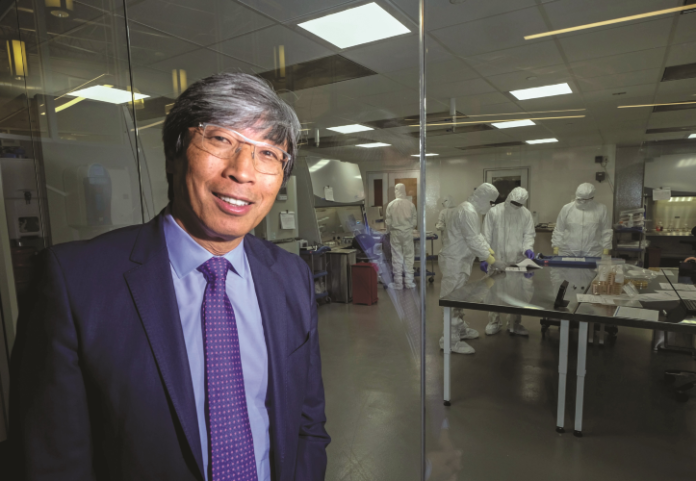The more significant deal was announced early on Nov. 30 and prompted a 22% surge that day in ImmunityBio’s previously long-falling stock price.
The announcement said ImmunityBio has agreed to license a nanocell technology platform from Sydney-based biotech firm EnGeneIC Ltd. that can be used to kill cancerous tumor and infectious disease cells. Financial terms of the licensing deal were not disclosed.
Under this deal, ImmunityBio will be granted the exclusive license to EnGeneIC’s technology, which uses a micro-RNA platform to deliver a drug to kill cells with minimal toxic effects on surrounding tissue. The drug delivery platform can also be used to stimulate an immune system response against cancer or infectious disease cells.
EnGeneIC’s drug technology platform is now in Phase IIa clinical trials in patients with intractable cancers, including patients with metastatic pancreatic cancer, according to the announcement.
ImmunityBio’s technology also attempts to boost immune system responses to both cancers and infectious diseases such as Covid-19.
“It was so exciting and refreshing to find a company and its founders who believe like we do in the power of the immune system to fight cancer and infectious diseases such as Covid,” Patrick Soon-Shiong said in the announcement. Soon-Shiong is the billionaire investor who founded ImmunityBio and is now its global chief medical and scientific officer and its executive chairman.
“We are honored to partner with EnGeneIC to transform how these life-threatening diseases are treated,” Soon-Shiong added.
The other deal was announced three weeks earlier on Nov. 8 and is aimed at speeding up the manufacture and commercialization of the vaccine candidate.
ImmunityBio and Emeryville-based Amyris Inc. announced a 50/50 joint venture in which Amyris will contribute its RNA technology licensed from a Seattle-based nonprofit called the Infectious Disease Research Institute. Amyris will also provide sustainable squalene, an organic compound used to produce the vaccine.
ImmunityBio will contribute its vaccine candidate, which uses a human adenovirus — a family of viruses that persist year-round and cause common cold symptoms — to generate antibodies that stimulate the immune system’s T-cells to react to an invading coronavirus.
ImmunityBio announced in February that it had begun testing an oral version of the vaccine; if successful, this would eliminate the need for a human infrastructure to deliver vaccine shots.
Under the deal with Amyris, ImmunityBio will also contribute its ability to scale up manufacturing of the vaccine once it receives emergency use authorization or other approval from federal government agencies.
These two announcements came after what had been a lull in announcements of significant advances in clinical trials of ImmunityBio’s Covid-19 vaccine candidate.
In late summer of 2020, ImmunityBio announced its Covid vaccine candidate had entered clinical trials at Hoag Hospital in Newport Beach. Then, in January came the announcement of the start of clinical trials in South Africa.But after these promising starts, there was little news. That, in conjunction with a downturn in investor sentiment for biotech stocks, sent ImmunityBio shares plummeting more than 80% following its debut as a publicly traded company in March. The Nov. 30 jump of 22% in the share price was the largest single-day advance in the company’s brief trading history, but the stock dropped 15.8% on Dec. 1 to close at $6.56.

